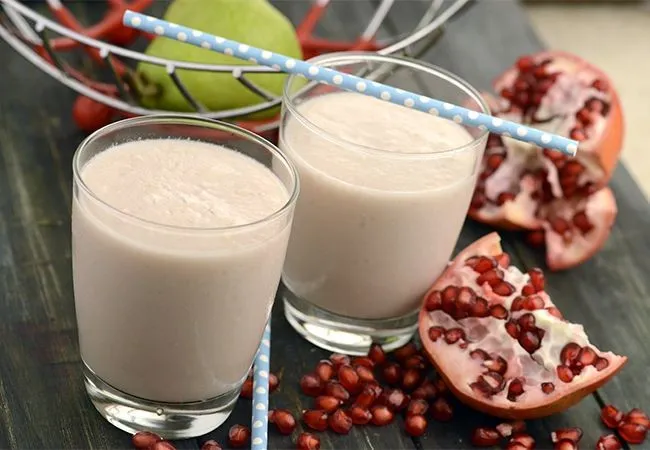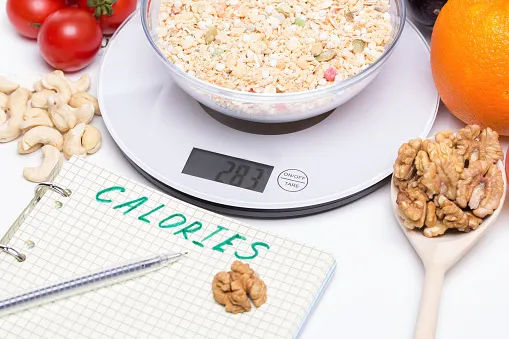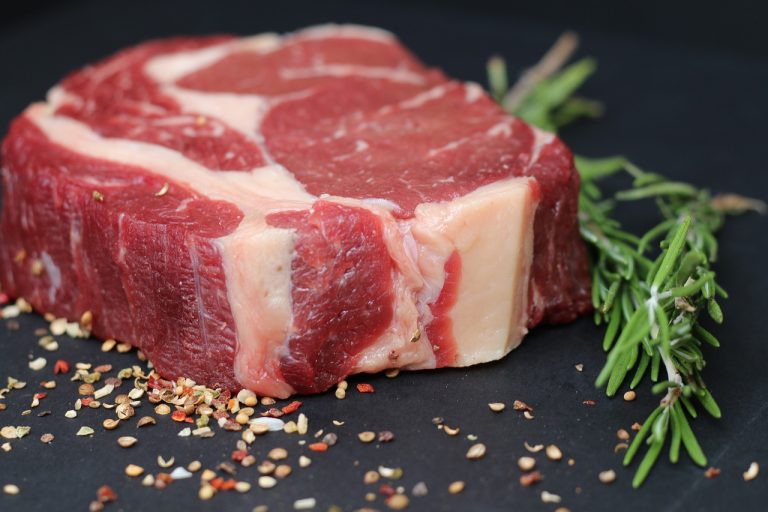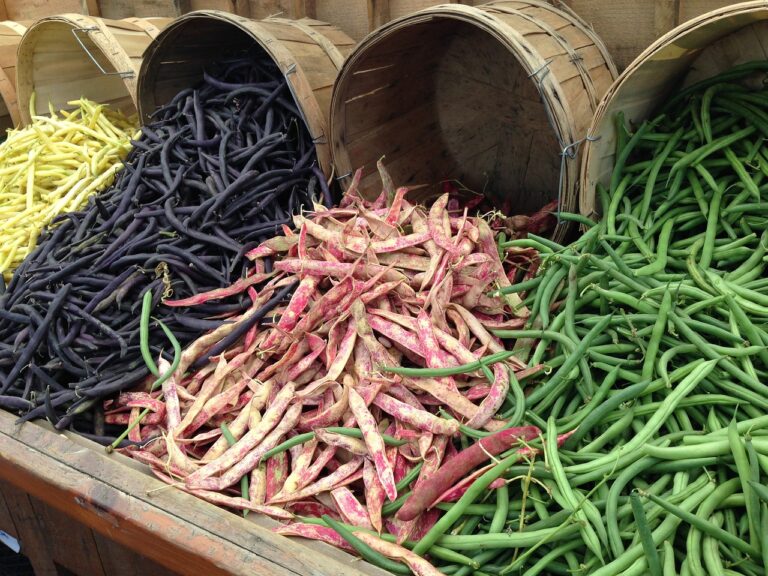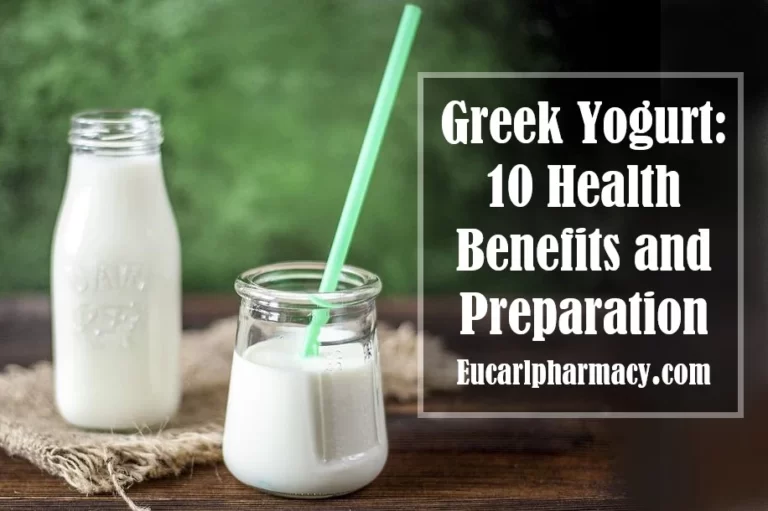10 Healthy Iodine-rich Foods
Iodine is an essential nutrient that the body needs to produce thyroid hormones, which are important for maintaining normal metabolism and growth. These hormones are produced by the thyroid gland. The thyroid gland, located in the neck, uses iodine to produce hormones that help regulate the body’s energy and metabolism.
Without enough iodine, the thyroid gland cannot produce sufficient amounts of these hormones, which can lead to a condition called hypothyroidism. Hypothyroidism can cause a range of symptoms, including fatigue, weight gain, dry skin, and an increased risk of certain health problems.
While the body does not produce iodine, it can be found in a variety of foods, including dairy products, seafood, grains, and some fruits and vegetables. It is especially important for vegetarians and vegans who may not consume enough iodine through their diet, to be aware of iodine-rich foods, as they may not consume enough iodine through their diet.
There are several healthy iodine-rich foods that can help individuals meet their daily iodine requirements and support normal thyroid function. In this article, we will discuss 10 healthy iodine-rich foods. These foods can help individuals meet their daily iodine requirements and support normal thyroid function.
It’s important to note that the iodine content of these foods can vary depending on factors such as the soil they are grown in and the processing they undergo. It’s also important to consult with a healthcare professional or registered dietitian for personalized nutrition advice.
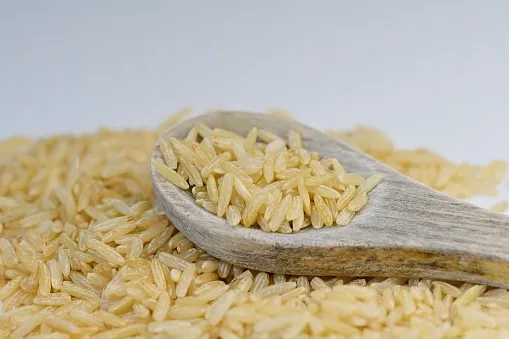
10 Healthy Iodine-rich Foods That you may never know before now
Iodine is a trace element that is essential for the production of thyroid hormones, which play a vital role in maintaining normal metabolism and growth in the body.
It is an essential nutrient that the body needs to produce thyroid hormones, which are important for maintaining normal metabolism and growth. Here are 10 healthy iodine-rich foods:
Seaweed
Seaweed is a type of marine algae that grows in the ocean. Seaweed, such as nori and kelp, is one of the richest sources of iodine. It can be eaten dried or used to add flavor and nutrition to soups and salads.
It is one of the richest sources of iodine, with some varieties containing over 2000% of the recommended daily intake (RDI) in a single serving. Seaweed can be eaten dried or used to add flavor and nutrition to soups and salads. It is also a good source of other nutrients, such as protein, fiber, vitamins, and minerals.
Fish
Fish, which is one of the healthy iodine-rich foods, especially cod, and haddock, are good sources of iodine. They are also a rich source of protein, omega-3 fatty acids, and other essential nutrients. Fish can be baked, grilled, or fried and eaten as a main dish or added to salads and sandwiches.
Dairy products
Dairy products, such as milk, yogurt, and cheese, are rich in iodine. They are also a good source of protein, calcium, and other essential nutrients. Dairy products can be consumed as is or used in cooking and baking.
Eggs
Eggs are one of the healthy iodine-rich foods, and are a good source of iodine and are also a rich source of protein and other essential nutrients, such as vitamins A and D. They can be cooked in a variety of ways, including scrambled, fried, or hard-boiled, and can be enjoyed as a breakfast food or added to a variety of dishes.
Shellfish
Shellfish, which is one of the healthy iodine-rich foods, such as shrimp and lobster, are rich in iodine and are also a good source of protein and other essential nutrients. They can be enjoyed as a main dish or used in salads and soups.
Beef
Beef is one of the healthy iodine-rich foods; especially grass-fed beef is a good source of iodine. It is also a rich source of protein, iron, and other essential nutrients. Beef can be grilled, roasted, or used in soups and stews.
Bread
Some types of bread, such as whole grain and enriched pieces of bread, are fortified with iodine. They are one of the healthy iodine-rich foods.
They are also a good source of carbohydrates and fiber. Bread can be enjoyed as part of a sandwich or used in toast and other dishes.
Fruits and vegetables
Some fruits and vegetables, such as strawberries, potatoes, and beans, are good sources of iodine. They are one of the healthy iodine-rich foods.
They are also a rich source of vitamins, minerals, and fiber. Fruits and vegetables can be eaten raw or cooked and added to salads, soups, and other dishes.
Grains
Grains, such as oats and quinoa, are good sources of iodine. They are also a good source of carbohydrates and fiber. Grains can be cooked and eaten as a main dish or used in baking and other recipes.
Nuts and seeds
Nuts and seeds, such as pumpkin seeds and sunflower seeds, are good sources of iodine. They are also a rich source of healthy fats, protein, and other essential nutrients. Nuts and seeds can be eaten as a snack or added to salads, yogurt, and other dishes.
It’s important to note that the iodine content of these foods can vary depending on factors such as the soil they are grown in and the processing they undergo. It’s also important to consult with a healthcare professional or registered dietitian for personalized nutrition advice.
Conclusion
Iodine is an essential nutrient that the body needs to produce thyroid hormones, which are important for maintaining normal metabolism and growth. While the body does not produce iodine, it can be found in a variety of foods, including dairy products, seafood, grains, and some fruits and vegetables.
These foods include seaweed, fish, dairy products, eggs, shellfish, bees,f, bread, fruits and vegetables, grains, nuts, and seeds. It’s important to note that the iodine content of these foods can vary depending on factors such as the soil they are grown in and the processing they undergo. It’s also important to consult with a healthcare professional or registered dietitian for personalized nutrition advice.

